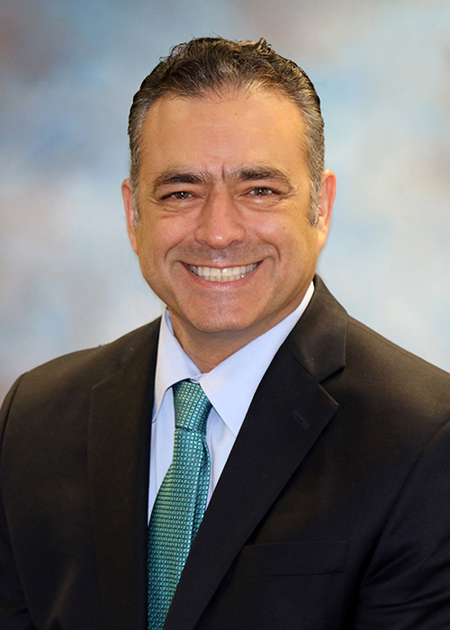Andrea Amalfitano
Professor, Department of Microbiology, Genetics, & Immunology
Faculty, Cell & Molecular Biology Program
Professor, BioMolecular Science Gateway
Email: amalfit1@msu.edu
Bio
Osteopathic Heritage Foundation Endowed Chair in Osteopathic Medicine ###Education Ph.D., 1989, Michigan State University D.O., 1990, Michigan State University Pediatrics, The Mayo Clinic, Minnesota, 1991-93 Pediatric Genetics, C.S. Mott Children's Hospital, University of Michigan, 1993-96 ###Research Our laboratory has focused its efforts upon determining the feasibility of gene transfer to treat several diseases, both genetic and non-genetic, and to eventually translate that knowledge into the clinical realm. Therefore, we are utilizing multiple modalities in our investigations, and we are studying a variety of disease models. For example, genetic based therapies typically rely upon a vector to "deliver" required genetic information into an appropriate target cell. To address this need, we have developed a uniquely improved gene transfer vector, one that is derived from a simple cold virus, (Adenovirus). Our publications demonstrate that this vector can safely and efficiently deliver genetic information into a variety of organs in a living individual. The vector we have developed also has had several important safety attributes designed into it, thus making its potential for safe use in patients highly likely. Please note our multiple publications highlighting our progress to date. One important problem with introduction of genetic material into a living organism is the simultaneous and unavoidable triggering of the innate immune response. Our recent work has now begun to identify key components of the multi-faceted innate immune system, thereby guiding our future efforts to subvert these systems to allow for safer gene transfer as well for improved use of these vectors in vaccine applications. These applications include prophylactic vaccine targets such as HIV, malaria, and C. difficile, as well as therapeutic vaccine targets such as colon, breast, and head and neck cancers. We have also recently begun investigations of auto-immunity, and pivoting our knowledge of the immune system and gene transfer to foster improved understanding of diseases such as Ankylosing Spondylitis. Ongoing investigations will begin deploying gene transfer technologies in the hopes of altering the host immune system so as to mitigate autoimmunity. In summary, our research goals have been, and continue to be focused upon understanding and utilizing the latest techniques molecular biology has to offer in our quest to understand and therapeutically intervene in a number of human conditions. In this manner, we will translate this knowledge into the clinics, so as to help our patients as quickly as possible.
